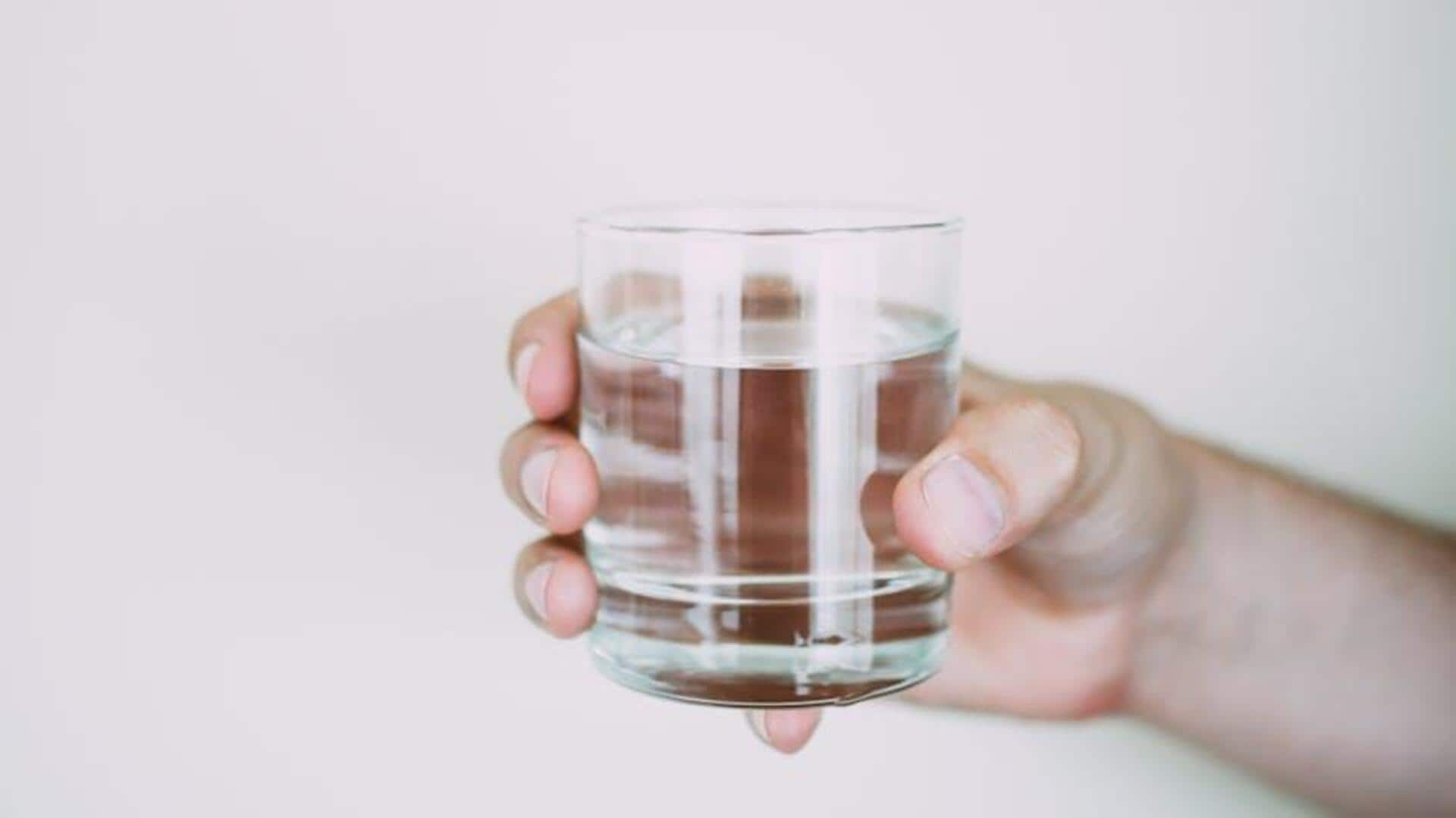
5 simple tips to stay hydrated all day
What's the story
Staying hydrated is crucial for our health and well-being. Staying properly hydrated facilitates bodily functions, boosts energy levels, and improves cognitive performance. If you're a beginner looking to improve your daily hydration habits, the good news is that simple strategies can make a world of difference. Here are five practical tips that can help you stay hydrated throughout the day.
Morning routine
Start your day with water
Start your day by having a glass of water right after you wake up. This habit helps in replenishing lost fluids and kick-starts your metabolism. Keeping a glass/bottle of water near your bedside can remind you to hydrate first thing in the morning. Making this a practice can set a positive tone for staying hydrated through the day.
On-the-go hydration
Carry a reusable water bottle
Having a reusable water bottle handy at all times makes it more convenient to drink water regularly. Pick a bottle that fits your lifestyle, be it lightweight for easy carrying or insulated to keep drinks cool. With water at your disposal, you're more likely to sip consistently as opposed to waiting until you're thirsty, which is a sign that you're already dehydrated.
Timed reminders
Set regular drinking intervals
Setting regular intervals for drinking water can keep you hydrated during the day. You can set reminders on your phone or even use apps that are specifically designed for tracking your water intake. Drink small amounts of water every hour instead of gulping down liters together, so your body absorbs fluids better.
Nutrient boosters
Eat water-rich foods
Include food with high water content in your diet as another source of hydration. Fruits like watermelon and oranges, and vegetables like cucumber and lettuce, are great options that add both fluids and nutrients. Adding these to the meals or snacks not only helps with hydration but also adds vitamins and minerals that are good for health.
Hydration check
Monitor your urine color
Pay attention to the color of your urine as an indicator of hydration status. Light yellow urine usually signifies adequate hydration levels, while dark yellow may indicate dehydration, requiring increased fluid intake. Monitoring this simple, yet effective measure helps you adjust your drinking habits accordingly, without needing complex calculations or measurements.